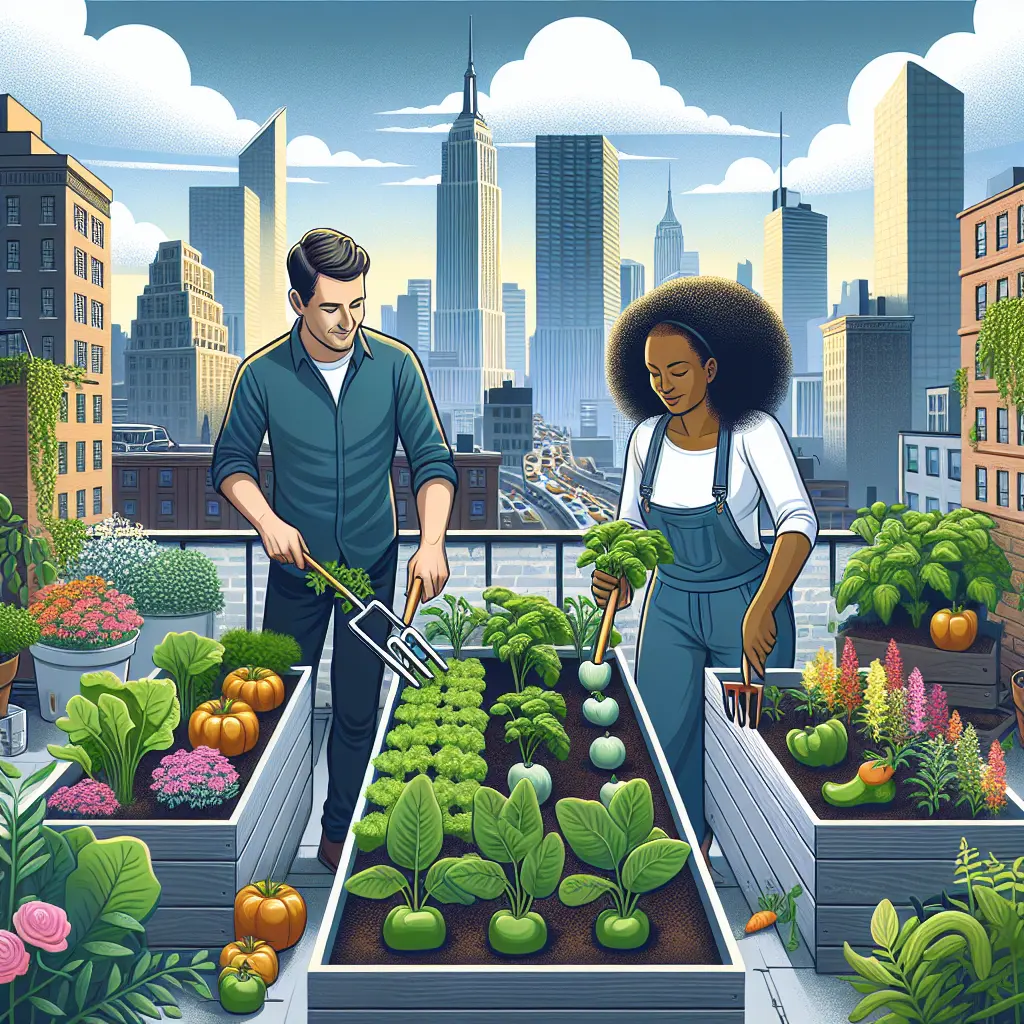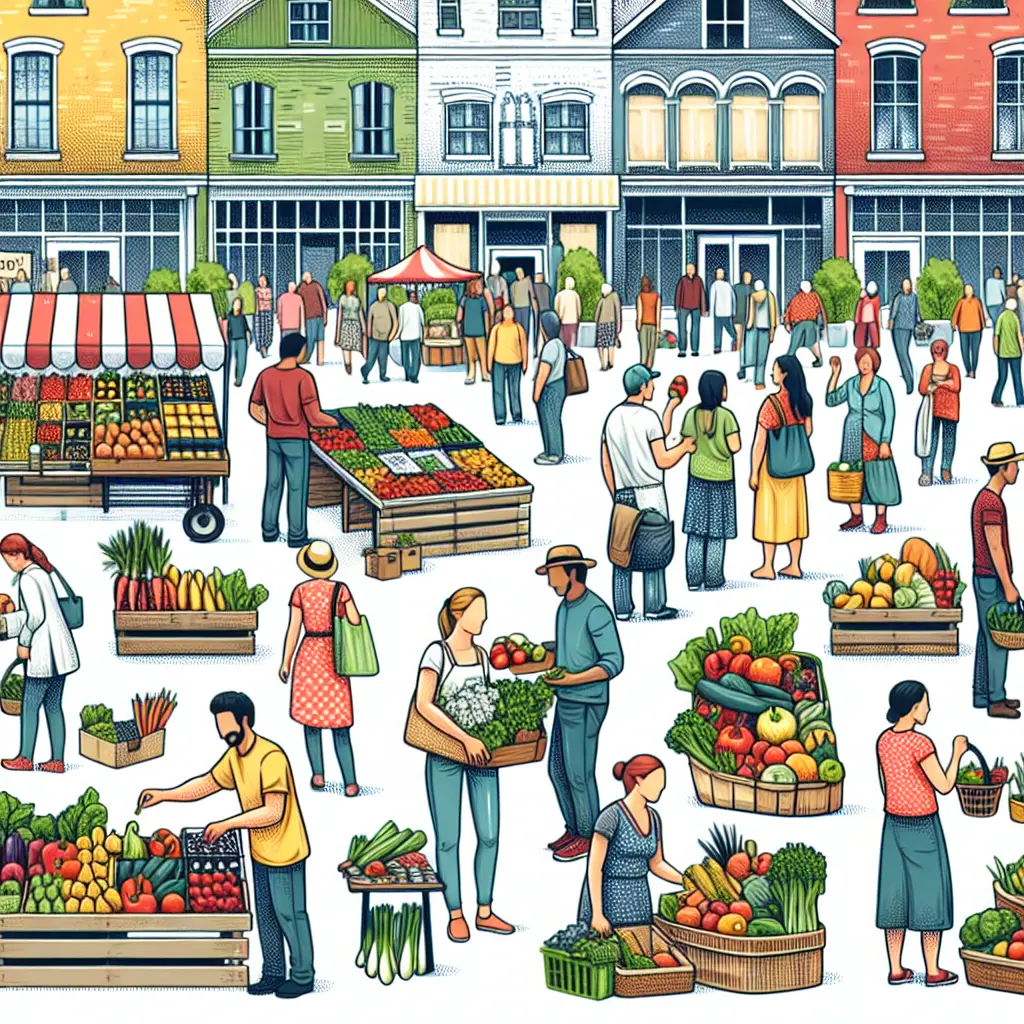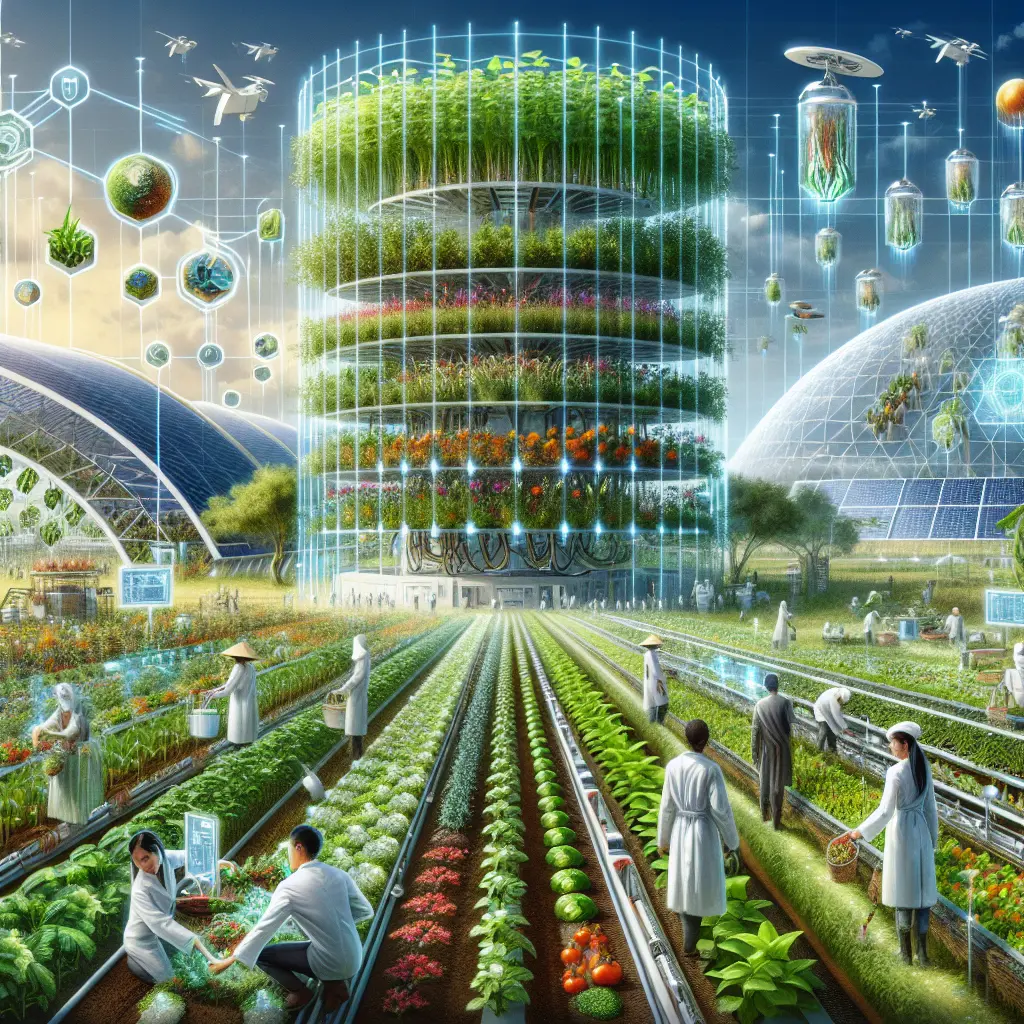Urban gardening is not just a trend; it's a movement towards sustainability and self-reliance in densely populated urban areas. Whether it's a balcony adorned with container plants, a rooftop transformed into a vegetable haven, or a community garden fostering neighborhood ties, the benefits of urban gardening are vast and varied. This comprehensive exploration delves into the myriad advantages of integrating green spaces into urban settings, highlighting recent developments and innovative techniques in urban agriculture.
Urban gardening, also known as city gardening, offers a plethora of benefits ranging from the psychological to the environmental. The practice transforms underutilized urban spaces into lush, productive green areas, promoting biodiversity and improving air quality. Moreover, the act of gardening itself is known to reduce stress and promote mental well-being among city dwellers who often lack access to traditional green spaces.
One of the key challenges of urban gardening is the limited space available in city environments. However, innovative solutions such as small space gardening, rooftop gardening, and vertical gardening are making it possible for urban residents to grow their own food in compact areas. These methods not only optimize limited space but also add aesthetic value to urban landscapes.
Rooftop gardening, in particular, has gained popularity across global cities. These elevated gardens can reduce a building’s heat absorption, which in turn lowers energy consumption needed for cooling. Furthermore, they can manage stormwater runoff, reducing the burden on city drainage systems during heavy rains.
The concept of sustainable urban agriculture is at the heart of new urban developments aimed at creating eco-cities. A recent example is the ambitious project "The Line" in Saudi Arabia, which aims to be the world's first eco-city. While construction and design specialists debate its feasibility, the project highlights a growing interest in integrating sustainability into urban planning source.
Container Gardening and Community Gardens: Fostering Connections and Accessibility
Container gardening is another versatile option for urban residents, allowing for mobility and flexibility in planting. This method is particularly useful for renters or individuals with limited ground space. Similarly, community gardens are vital urban features that strengthen community bonds, improve food security, and promote inclusive community development. They serve as communal hubs where people of diverse backgrounds can connect over shared labor and harvests.
Urban farming is not just about beautification or leisure; it has tangible economic and health benefits. Locally grown produce means reduced food miles, which lowers transportation costs and carbon footprints. This local cultivation leads to fresher food options and can significantly improve the nutritional intake of urban populations. Moreover, urban farming can provide employment opportunities in cities, contributing to local economies.
Effective urban garden design is crucial for maximizing the productivity and sustainability of small spaces. It involves careful planning of plant selection, water management systems, and soil sustainability — all tailored to specific local conditions. Eco-friendly gardening practices further enhance this by emphasizing organic growing techniques, the use of recycled materials, and water conservation methods.
The recent surge in urban food production is a proactive response to global challenges such as climate change and population growth. It makes cities more resilient against disruptions in large-scale agricultural supply chains, which can be vulnerable to extreme weather events and geopolitical tensions.
Urban Gardening Techniques: Innovations and Adaptations
Urban gardening techniques have evolved to include advanced methods like hydroponics and aquaponics, which do not require soil and use significantly less water than traditional farming. These innovations are particularly useful in cities where soil quality may be poor or contaminated.
Urban gardening has also made its way into global events like the 2024 Summer Olympic Games in Paris, where sustainability is a key theme. Interestingly, the Purple Track at the games incorporates recycled materials, showcasing a commitment to eco-friendly practices source. However, critics argue that such measures are merely superficial attempts at greenwashing source.
Urban gardening offers a myriad of benefits that go beyond beautifying spaces; it promotes sustainability, enhances well-being, and fosters community spirit among urban dwellers. By adopting and promoting urban agriculture practices, cities can become more self-sufficient, environmentally sustainable, and resilient against socio-economic challenges.
As we continue to innovate and adapt our living spaces, let us embrace the greenery among the grey and cultivate not just gardens but also stronger, healthier communities.







Leave a Comment